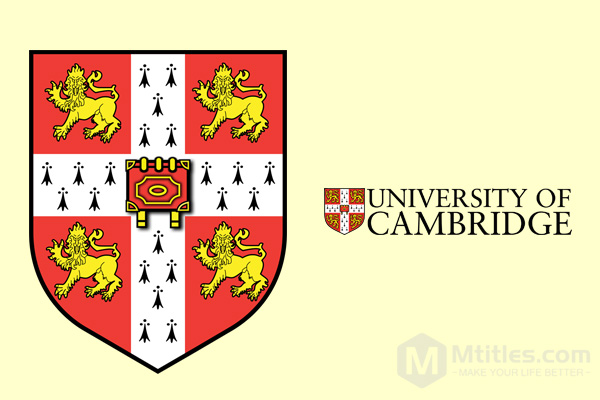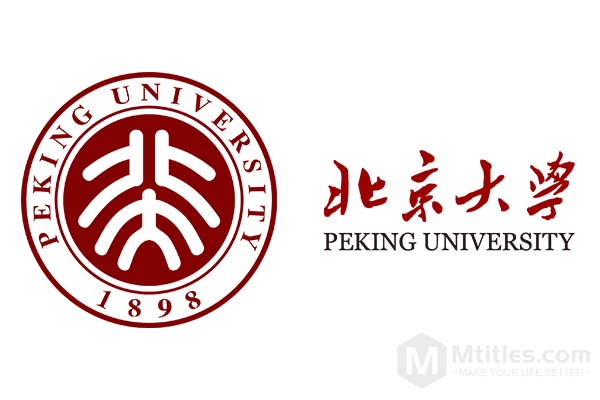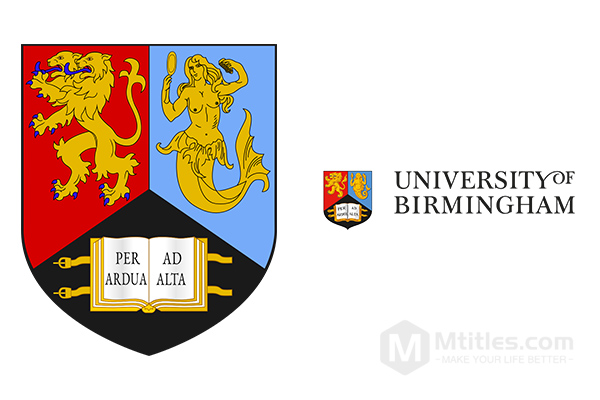#3 University of Cambridge

Basic Infomation:
World Position: No. 3
Nature of University: Public
Research Findings: Very High
Number of students: 20,383
Number of Teachers: 5,800
Number of international students: 7,925
Overview:
University of Cambridge is one of the top public research universities in the world. It adopts the college federal system and is located in Cambridge, UK. Is a member of Russell university group, known as the "Golden Triangle" and "G5 super elite university". University of Cambridge is the second oldest university in the English speaking world. Founded in 1209, it has a history of 800 years, making it the fourth oldest university in the world and the second oldest university in the English speaking world. Cambridge students make up 20% of the town's population, and most of the old colleges are located near the city center. Its famous buildings give Cambridge a unique personality, including the king's College church, the school of history building designed by James Stirling and the Cripps building of St. John's college.
The university consists of a number of protected buildings and is divided into 31 autonomous colleges, many of which are older on the famous Kang river. Applications are made directly to individual colleges, not to the University as a whole. You can live in the University and receive regular teaching, and receive group teaching courses called university supervision.
Six academic colleges - Arts and humanities, biological sciences, clinical medicine, humanities and Social Sciences, physical sciences and technology - are distributed in the University's colleges, with about 150 colleges and other institutions.
University of Cambridge has a high academic status and extensive influence in many fields, and is recognized as one of the top higher education institutions in the world. He is a member of Russell university group, Golden Triangle University, international applied science and technology development collaboration network and University of Cambridge medical partnership alliance, and has developed silicon Fen, a technology gathering place. It has eight arts and science museums, a library system with more than 15 million volumes, and University of Cambridge Press, the oldest publishing house in the world.
Cambridge is widely regarded as a vibrant place for students. Academically, the university has more than 100 libraries with a total collection of more than 15 million books. In addition, there are nine world-famous museums of art, science and culture, including kettle's yard and Fitzwilliam Museum, which are open to the public throughout the year, as well as a botanical garden.
Extracurricular activities give you the opportunity to participate in everything from the University's famous student drama club to music, politics and hundreds of other clubs and societies that have spawned comedy groups like Monty Python. Cambridge sports events are also huge, with state-of-the-art facilities and more than 80 sports, including teams for novices and experts.
University of Cambridge is famous for its outstanding academic achievements and traditional academic values. It often ranks among the top universities in the world in terms of teaching, research and international vision. The university has trained outstanding mathematicians, scientists, politicians, lawyers, philosophers, writers, actors and heads of state. Over the past 800 years, the school has gathered 98 Nobel laureates, such as Isaac Newton, Kelvin, Maxwell, Bohr, born, Dirac, Oppenheimer, Hawking, Darwin, Watson, Crick, Malthus, Marshall, Keynes, Turing, wiles, Hua Luogeng, John Milton, Byron, Tennyson, bacon, Russell Wittgenstein and other literary and philosophical masters, Cromwell, Nehru, Lee Kuan Yew and other political figures, as well as 15 British prime ministers including Robert Walpole (the first term) joined University of Cambridge as students, teachers or alumni.
About Undergraduate:
Studying in Cambridge is the dream of many 17-year-old people with academic aspirations. The academic environment of this medieval city is almost unique and suitable for learning. The University adopts the college system, so you apply for the University of your choice, not the university itself. If you have a place to study, this university is where you live, eat, sleep, socialize and have classes. Cambridge guarantees that most students will have university owned accommodation during their three-year degree, either on campus or in apartments inside and outside the city. The system is different from most British universities, where students have to find private accommodation after their first year.
Cambridge offers 30 undergraduate courses covering more than 65 disciplines, from chemical engineering to English, mathematics, medicine and classics. Unlike British universities, undergraduate courses cover a very wide range of disciplines in the first few years, and then offer a wide range of options for later specialization.
The college arranges lectures, seminars and practical activities for all college students, while the college arranges supervision and provides personal guidance. Each academic year consists of three eight week semesters. The speed and quantity of work are noteworthy, and there is a strong emphasis on independent and autonomous learning.
The competition for places at University of Cambridge is very fierce, with an admission rate of 21%. This means that you should not only thoroughly study your subject area before applying, but also consider tactics when choosing your university. Although some universities may have a high reputation in certain disciplines, they may prove more difficult to enter.
The application is completed by completing the UCAS form. In addition, you will be required to complete the supplementary application questionnaire and conduct a written admission assessment. Everyone who has a real chance of getting accepted will be invited to interview day. Don't be surprised if you are asked to attend multiple interviews while you are there, as the process of selecting students usually lasts more than one round.
When a decision is made on your application, you will receive a quota to inform you that your application for study was unsuccessful or that you have been added to other students' pools. This means that the university you are applying for has no space for you, but you have been accepted by other universities that may still have space. The purpose of the pooling system is to ensure that the best applicants still have a chance to get a place in Cambridge, even if their universities are oversubscribed.
At present, the tuition fee for all courses is 9250 a year, while the cost of living - accommodation, food, course costs, learning materials, personal expenses and transportation - is roughly the same each year. The financial aid is in the form of student loans for British students, and the Cambridge grant can reward up to 3500 pounds a year.
About Postgraduate:
Since 1209, University of Cambridge has been attracting the best talents, with 7500 graduate students pursuing master's or doctoral degrees. Half of them came from overseas and studied in famous medieval cities. More than 40% of them were women.
All in all, Cambridge has about 330 graduate programs to study. Students can choose teaching or research-based master's degree, from adult education to zoology, full-time for 9 to 12 months, main research doctoral full-time for 3 to 4 years, up to 7 years part-time.
Full time master's programs are notoriously difficult, requiring students to start from the undergraduate level and greatly improve their level. When preparing for postgraduate study, applicants are advised to thoroughly study their courses, preferably attend open days on campus, and have the opportunity to talk with current graduate students.
Visiting a university can also help applicants decide which university they want to apply to. To apply, candidates must upload academic references, university transcripts, research plans, GRE scores, up-to-date resumes and, in some cases, samples of written assignments. All of this is submitted to Cambridge's online portal as part of the application process. International applicants must also provide proof of English proficiency.
Tuition includes teaching, supervision, student support and the use of University and college facilities. They vary from course to course, but are generally expected to pay about 11000 pounds (US $15395) for a one-year MPhil (Master's) course (some courses leading to majors such as corporate law, economics or MBA are quite expensive) and more, and 8100 pounds (US $11336) per year for doctoral research.
Overseas students have to pay more, with one-year master's programs usually around 24000 pounds (US $33588) and annual doctoral studies up to 30000 pounds (US $41985).
Cambridge has many sources of funding, including the Cambridge trust (which awards about 500 scholarships a year) and gates University of Cambridge (which awards about 100 Graduate Scholarships a year).
It's easy to apply for these funding opportunities. 80% of the funding opportunities granted last year only require applicants to fill in the relevant part of the Cambridge application portal.







